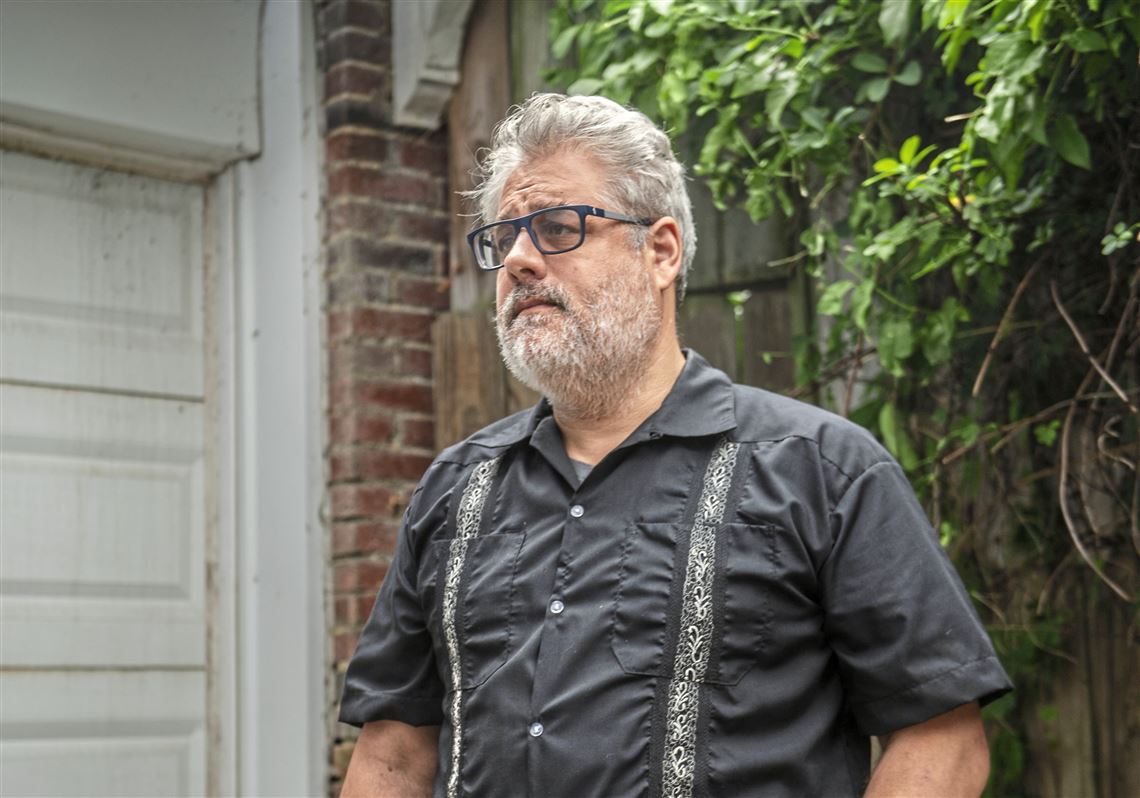“CANCEL THIS BOOK: THE PROGRESSIVE CASE AGAINST CANCEL CULTURE”
By Dan Kovalik
Hot Books ($24.99)
Reviewed by Lorraine Starsky
A few months ago, an acquaintance noticed me carrying the book that I’m reviewing here: “Cancel This Book: The Progressive Case Against Cancel Culture” by local writer Dan Kovalik. She considers herself a liberal and quizzically asked “Is cancel culture really a thing? Isn’t that an overblown slander by the right against liberals?’ I responded that unfortunately, cancel culture does exist. And perhaps most disturbing of all, is that some liberal/left activists are engaging in this practice against long time progressive activists.
First, what is cancel culture? The Cambridge Dictionary defines it as: “A way of behaving in a society or group in which it is common to completely reject and stop supporting someone because they have said or done something that offends you.” It is more than letting someone know that their remarks were offensive. Often, it is a public shaming campaign that can lead to cancelling someone’s scheduled talk or worse, getting someone fired.0
Dan Kovalik, a long-time progressive activist and pro-union attorney, describes the example of Adolph L. Reed Jr., an African American University of Pennsylvania Professor Emeritus. In addition to his early organizing on behalf of low-income Blacks and antiwar soldiers, Reed was active in the 2016 and 2020 presidential campaigns of Bernie Sanders. Reed was scheduled to speak at a joint New York City and Philadelphia Democratic Socialists of America (DSA) event in May of 2020. At the last minute, his talk was canceled due to pressure from the AFROSOCialist and Socialists of Color Caucus within the DSA. Reed’s beliefs that focusing solely on racism and ignoring multiracial organizing undermines efforts to counter wealth inequality were characterized as “reactionary, class reductionist and at best, tone deaf.” Apparently, rather than engage in dialogue and debate that could clarify issues, it was easier to cancel Adolph Reed.
This may appear to be internecine squabbling, but as Kovalik notes there are much larger issues at stake. Free speech and the right of association are not just abstractions, but are the lifeblood of movements that propelled society closer toward justice. Invariably, social justice movements start as minority groups that often have had their right to speak out and organize severely attacked. Local abolitionist Jane Grey Swisshelm had her printing press smashed by pro-slavery forces. Sixty years later numerous towns routinely arrested labor organizers who tried to hold public meeting to promote unionization. States in the Jim Crow south legally prohibited people from belonging to the NAACP at the time of the Civil Rights movement.
As part of the generation whose political teeth were cut in the late 60s and early 70s, I was aware of the vigorous fight against rigid northern university administrators who banned representatives of the NAACP and the South Christian Leadership Conference from coming to campuses to describe firsthand the struggles against segregation. Students were prohibited from staffing information tables and collecting funds for Civil Rights organizations, which were branded as “outside.” This campus policy was widely practiced around the country. The famed Berkeley Free Speech movement put an end to these restrictions against speech and association.
It would have strengthened Kovalik’s argument to include examinations about how fundamental free speech and association were to those groundbreaking movements. Some younger activists may not be aware of this history. Kovalik is correct in pointing out that some liberal/left activists are doing a huge disservice to their struggles by shutting down discussion. It allows conservatives to take the high road and pose as victims whose right to free speech is being threatened. More ominous is that it sets a dangerous precedent.
If you are a die-hard liberal Democrat, you may hate this book because Kovalik does not spare liberal icons from his razor-sharp, critical analysis. Although I did not agree with some of his views, I found his honest assessments remarkably refreshing. For those who appreciate provocative and timely discussion, this book may fit the bill.
Lorraine Starsky is a retired public health nurse. She can be reached at: lorrainestarsky@gmail.com.
First Published: April 30, 2022, 12:12 p.m.















